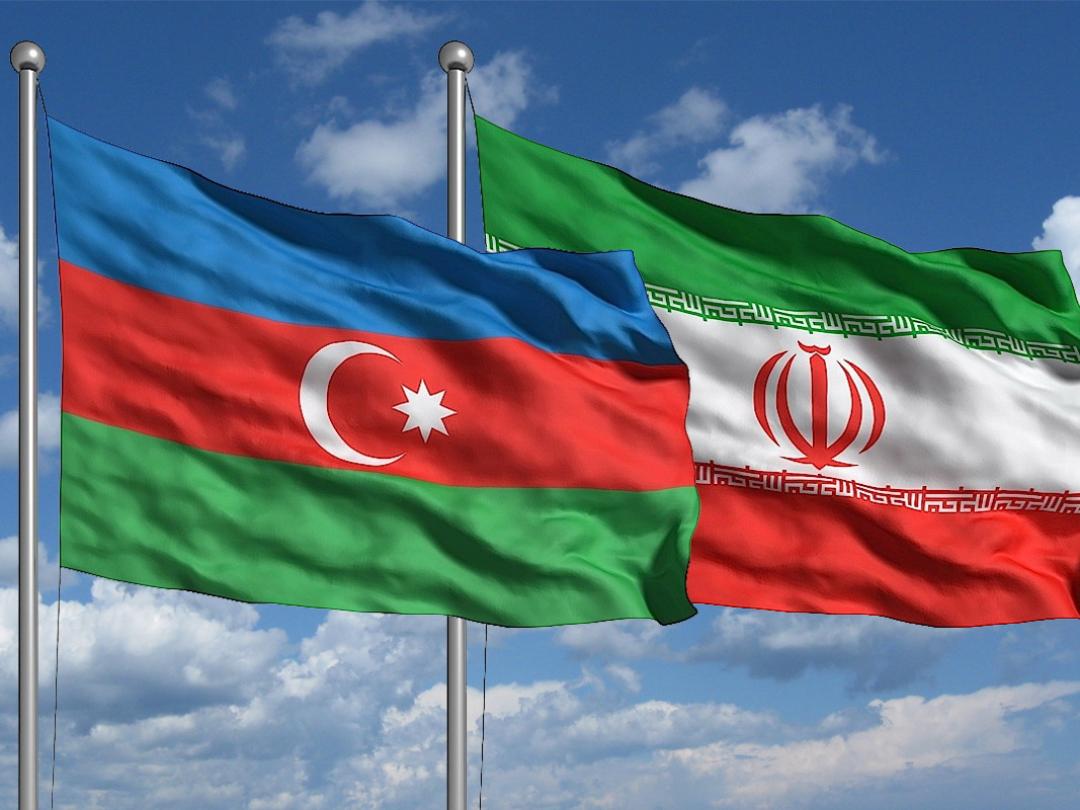
Iran-Azerbaijan relations: what is happening?

An aide to the President of Azerbaijan Hikmet Hajiyev met with the Iranian Ambassador to Azerbaijan Seyid Abbas Mousavi for the second time in three days amid tensions over the shipment of Iranian trucks to Karabakh via Armenia.
The ambassador mentioned it on his Twitter account but did not go into details.
On September 15, Azerbaijan said that vehicles crossing the territory of Azerbaijan "illegally from Armenia" were detained.
On September 12, Azerbaijan set up a police and customs post on the border with Armenia, on the part of the Kapan-Goris road passing through Azerbaijan, and began to impose customs duties on vehicles with Iranian license plates entering the country.
Iranian Ambassador to Azerbaijan Seyed Abbas Mousavi also met with Hikmet Hajiyev after these events.
Although it was stated that the parties discussed "issues of common concern and interest," the next day Azerbaijan detained vehicles with Iranian license plates on the grounds that they had entered the country illegally, and the ambassador had to meet with the presidential aide again.
Sending Iranian cars to Karabakh is not a new issue, and the Azerbaijani government has reacted strongly.
Earlier last month, the Azerbaijani Foreign Ministry issued a note of protest to the Iranian ambassador. According to the Foreign Ministry, during the meeting, it was noted that "the new Iranian administration" will take practical steps to end the issue.
Iran's reaction to the note is unknown.
The Azerbaijani Foreign Ministry’s statement that stressed the phrase "Iran's new administration" should not be dismissed. According to MP Rasim Musabayov, Azerbaijan uses this phrase to "remind" Iran that the administration of the newly elected President of Iran is interested in developing relations with Azerbaijan, but "bad actions" impede this growth.
"Azerbaijan's protest was not followed, and in this case, Azerbaijan did not just protest," said Rasim Musabayov, recalling Azerbaijan's recent steps against "unauthorised" vehicles.
"Sometimes they think that it can happen, but when they see that it does not happen, in return, Azerbaijan takes steps that harm certain interests of those countries. Then they come to a compromise."
It is often said that security issues, which have caused tension in Iranian-Azerbaijani relations, remain on the agenda. Iran is watching with concern the military activation near its borders, especially between Azerbaijan and Turkey.
Following the Turkish-Azerbaijani military exercises held in Azerbaijan in June, Iran also trained 1,400 people with the participation of the Navy, Army Aviation, Air Defence Forces, as well as the Air Force.
This week, Iran protested the exercises of Azerbaijan and Turkey in the Caspian Sea.
The Iranian protests may be a reaction to the situation after the Second Karabakh War.
According to the British Centre for Defence and Security, the November 2020 declaration ending the war between Armenia and Azerbaijan demonstrates Iran's sensitive position on the changing geopolitical situation.
Thus, Tehran did not have enough power to influence the course of the war, and the current presence of Russian and Turkish troops in the South Caucasus shows that Iran is not participating in the renewed "big power race" in the region.
Iran's relations with Armenia have been criticised in the Azerbaijani media for years. In turn, Iranian media point out that there are multiple irritating factors, including Azerbaijan's cooperation with Israel and the United States.
But can we expect innovations in Caucasus policy from the new government of President Ibrahim Raisi, who came to power this summer?
Asgar Abdi, an analyst on Iran, does not expect any innovations, because, in his opinion, "Raisi, Rouhani, Rafsanjani do not pursue their own policies, whatever Khamenei says, it becomes politics."
The closeness of the positions of the new President and the Supreme Leader gives grounds to say that this policy will be sustainable, Asgar Abdi said on BBC News Azerbaijani service. "There is almost no competition between Raisi and his leader... Raisi supports the leader... they both speak with one voice."
According to Abdi, Turkey and Azerbaijan want to see Iran and Armenia on the "Six" platform, which provides for the opening of communications. At present, Tehran's participation in the project is assessed in terms of its economic benefits, says Asgar Abdi. "If Iran sees that it will gain something from this platform, it will go for it, if it seems that it cannot win, it will give up."
According to Rasim Musabayov, Azerbaijan also does not want to escalate disputes with neighbours such as Iran and Russia.
"If you look, you will see that, unlike Georgia and other countries, Azerbaijan has not led to direct clashes with Russia or Iran," Rasim Musabayov told BBC News in Azerbaijani.
See Also


Armenia Records 5.9% GDP Growth in 2024, Missing 7% Goal

Yerevan Balances Strategic Ties with Both US and Russia, Says Foreign Minister

FM Mirzoyan: Peace Deal with Azerbaijan Is Within Reach

Pashinyan and Erdogan Hold Call, Reaffirm Commitment to Ongoing Dialogue

